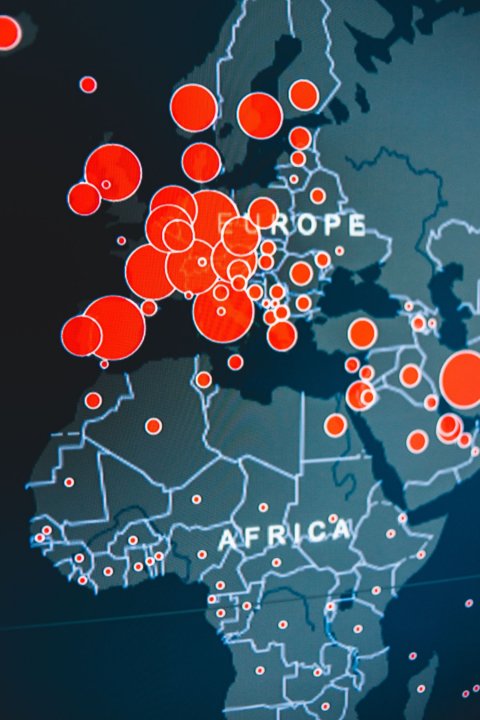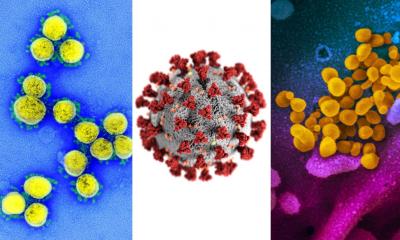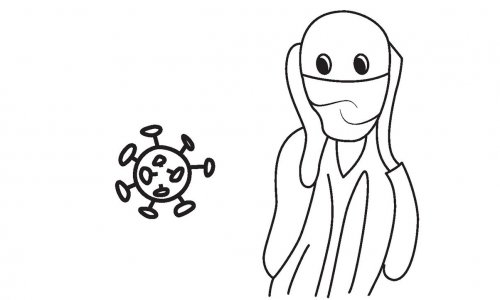Image source: Unsplash/Jowita Jeleńska
News • Psychology of the pandemic
How gamification helps us cope with Covid-19
A pandemic is not a game. Yet, human response in dealing with Covid-19 resembles patterns known from games:
People hoard resources, compare leaderboards and graphs, play certain social roles, establish a good-versus-evil narrative, and align themselves with prominent hero figures. In the face of danger, already known patterns of thought and behavior, so-called scripts, help people maintain their capability to act. Marius H. Raab, Niklas A. Döbler, and Claus-Christian Carbon, psychologists from University of Bamberg, Germany, observed that people lack adequate scripts in confronting the novel and frightening situation of a global pandemic. Game patterns might fill this gap, allowing for the transfer of knowledge and routines from familiar to exceptional circumstances.
The research team present their insights in the journal Frontiers in Psychology.

Bildquelle: Unsplash/Erik Mclean
“Yet, using game patterns and mechanics to understand a potentially deadly disease by analogical reasoning poses some dangers”, says Raab, lead author and postdoc at the Department for General Psychology and Methodology at the University of Bamberg, Germany. These analogies are usually only superficial and do not provide an in-depth understanding of the underlying Covid-19 dynamics. Hoarding limited resources like tokens can be a profitable strategy in some games, but: “Hoarding toilet paper or yeast does not provide a significant survival advantage, not even for the hoarding person”, says Döbler, co-author and PhD student at the department. Additionally, such behavior is more often than not rooted in analogies drawn from competitive games with a clear winner-loser-distinction. Societal crises, however, can only be won collaboratively.
The authors suggest to build upon the spontaneous emergence of game analogies. By borrowing from collaborative games, game mechanics that focus on cooperation can be offered as an alternative to competitive sense-making, ultimately enhancing the efficacy and comprehensibility of public health measures. “Game metaphors can be actively used to understand the momentum of the pandemic”, says Carbon, Head of the Department.
The approach does not regard gamification as a tool to manipulate people's behavior. It looks for spontaneous ludification, that is: It takes the emergence of game-related behavior as a sign that people struggle with autonomy and appropriate behavioral routines. In such cases, introducing collaborative elements might shift the focus from an 'I' to a 'We' and offer specific behavioral options. “The idea of strategic gamification goes beyond Covid-19 and might foster our understanding of other global challenges humanity is facing or will face”, states Raab.
Source: University of Bamberg
01.07.2021











